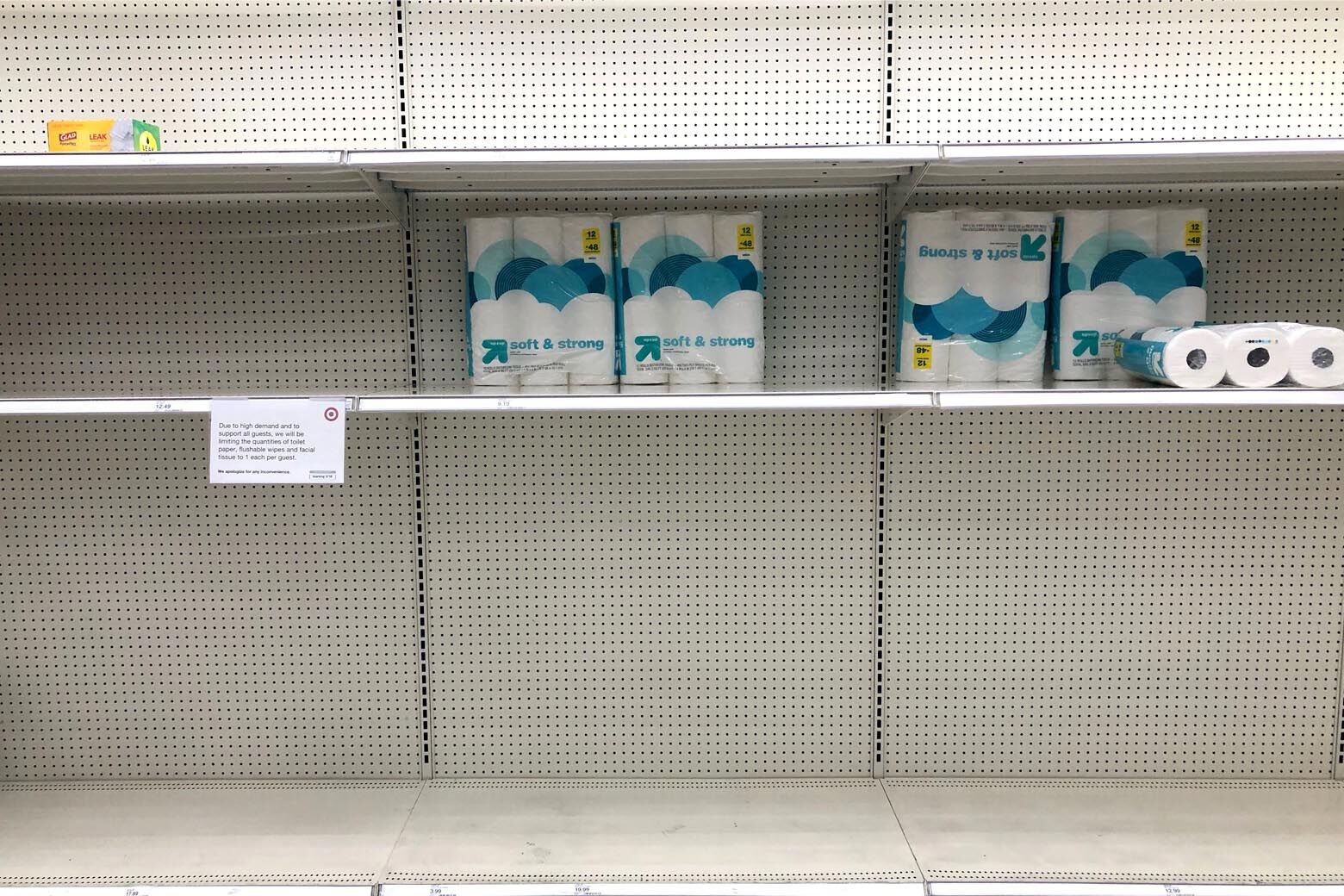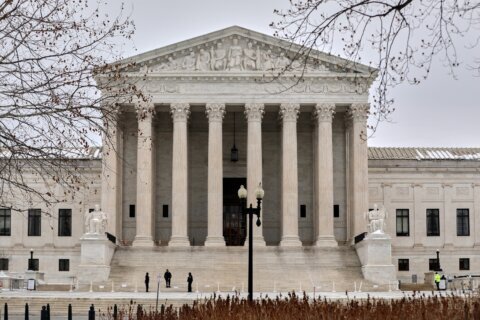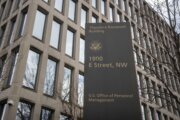
A new wave of the COVID-19 pandemic has many Americans stockpiling necessities again.
A LendingTree survey found 34% of Americans — the equivalent of 86.7 million Americans — have already begun stockpiling supplies for a potential winter wave of the pandemic. Another 35% say they plan to do so, but haven’t started yet.
The most common purchases include food, hand sanitizer, cleaning supplies, face masks, water and paper products.
Many people stockpiled during the pandemic’s first wave in March, but there are mixed feelings about that.
“Some people regretted not buying enough cleaning supplies and enough face masks and those sorts of things. But some people regretted buying too much of those sorts of things,” Matt Schulz, at LendingTree, told WTOP.
LendingTree estimates consumers have spent an average of $359 stocking up on coronavirus-related supplies during October and the first week of November.
Some people are more likely than others to be stockpiling, including parents of young children.
“If it was just one or two people in the house, that is one thing, but when you’re stocking up for a family, sometimes you go a little overboard,” Schulz said.
The survey found 44% of parents with children under 18 have started stockpiling supplies, compared to 26% of non-parents.
In March, shoppers began encountering bare shelves with the most sought-after items in short supply because of the high demand. That could happen again this winter.
“A lot of retailers and a lot of grocery stores may have figured out how to handle things a little better since the spring, but I do think there is a pretty good chance that things could get a little harder to find before too long,” Schulz said.
There are mistakes some consumers made last time around that they don’t intend to make this time, like not stocking up on beer, wine and liquor.
Nearly a third of people surveyed — 30% — said they regretted not loading up on booze during the pandemic’s first wave, and 45% of those stockpiling now say liquor has been on their list this time.
LendingTree surveyed 1,050 Americans between Nov. 6 and Nov. 9. The survey’s full results are online.








